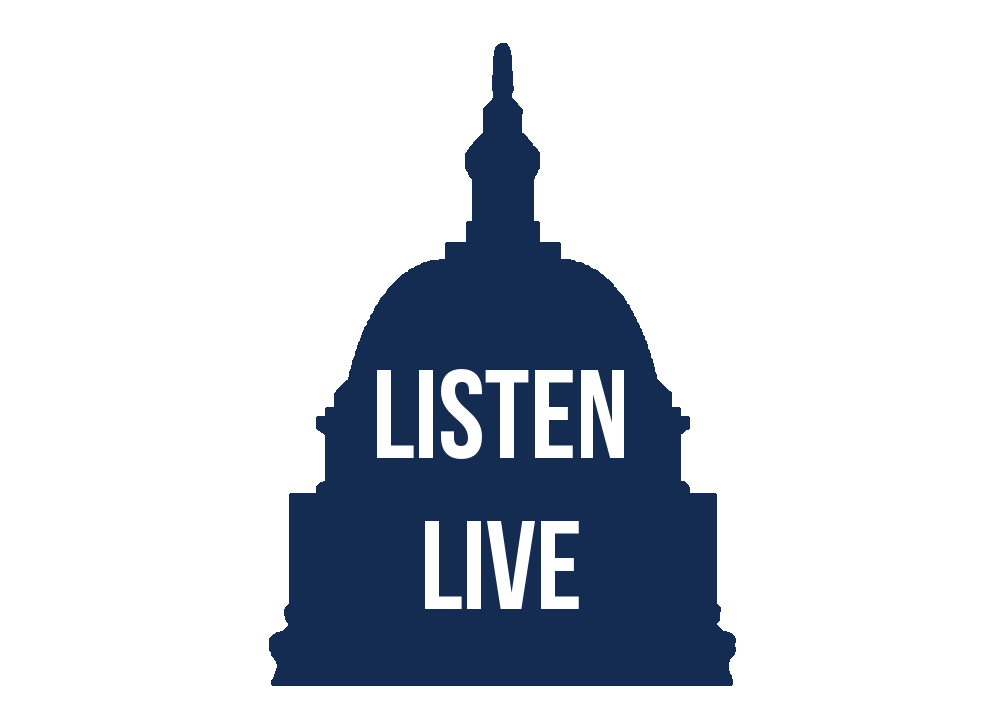An interview with the producers of This Body
- Feb 27, 2017
- 3 min read
ROBYN DI GIACINTO//
NEGI: Hi! My name is Negi Esfandiari and I’m the executive producer.
MADELINE: My name’s Madeline Stoltz and I’m the assistant producer.
OLIVIA: And my name is Olivia Eggers and I’m also the assistant producer.
ROBYN: So can you guys tell me a little bit more about how the idea for this show came about?
NEGI: Yeah—so a lot of students might know, especially if they’re not first year students, that [GW Feminist Student Union] does a production of The Vagina Monologues every year. It’s been an annual event for our organization for about five years now. I’ve directed it every year that I’ve been at GW and now I’m a senior. But every year that we do it, we kind of amend it a little bit, which they advise not to do on the website for The Vagina Monologues. But you can only do so much when the script calls for certain things and certain experiences and not others. So we really wanted to make the effort and push ourselves to have a student written production that would better represent GW because it was actually coming from the voices of the students.
ROBYN: So, speaking to that difference—how is this different than The Vagina Monologues? What are some of the voices that are being represented in this production that we didn’t see in the past?
OLIVIA: It’s kind of different just—well, one, the title is different. Not necessarily the theme of the production, but kind of the focus, in that it is ‘this blank body’ and you’re supposed to fill in the blank. And it’s talking about your own individual experiences as a person, or with your body, or pertaining to your body in some way—
NEGI: –Yeah, I mean, Vagina Monologues was obviously a pretty dated piece written in the 90’s, so a lot of the issues that were in the media and exposed then were not all-encompassing, or didn’t really reflect the world’s diversity, or college diversity, GW diversity, whatever. So there were a lot of voices here that were just simply not represented in the original script.
ROBYN: Tell me a little bit more about the production process. What exactly goes into putting together a show like this?
MADELINE: We met with people last semester that were interested in joining the production. Then the selection process happened in January; all the pieces we got were so great. And since then we’ve had individual workshops and group rehearsals where they can work on their pieces, get feedback from us and the other performers. And we just had our dress rehearsal today, so you just saw it all—how it’s going to happen. That was really exciting. I think just being able to see the flow and having everybody meet each other if they haven’t met was also really cool. Just seeing the community there.
OLIVIA: Well, the tagline that Negi started using, and it’s just been kind of incorporated is “One Campus, Many Stories.” What I think is really revolutionary about this show is that it is actually reflecting on the stories of those around us, and you’re hearing things that you might not have ever heard before. And in total it’s just going to be a really incredible experience. You’re going to laugh, you’re going to cry, everything like that. So that’s why I’d say—you know, it’s five bucks and it goes to a great cause. So there’s not really any reason that you wouldn’t want to come see this show.
NEGI: Yeah, I mean, I think people are eager to hear stories. And I think [what’s] really, really valuable about this is its realness and the way that each performer and each writer has committed to sharing this part of themselves. And I think it’ll be really empowering for people who have not been represented in this way before and get to see something where someone like them is talking about something that they might relate to.



Comments